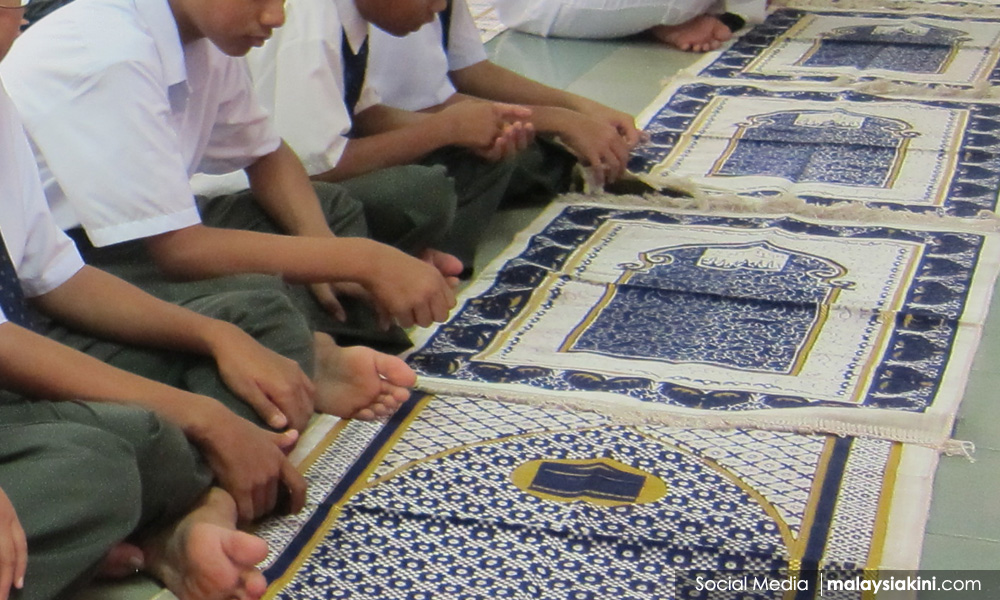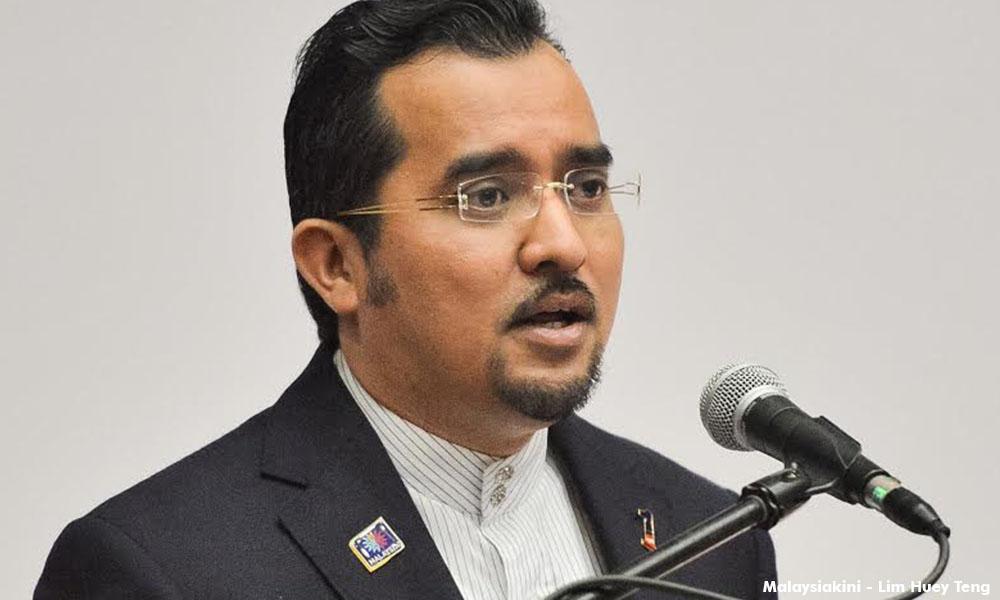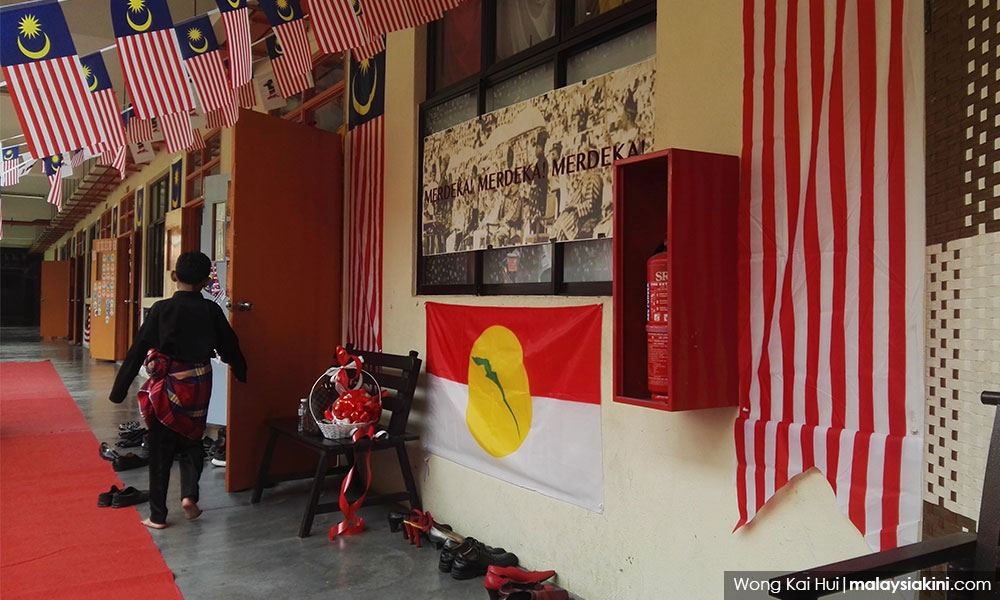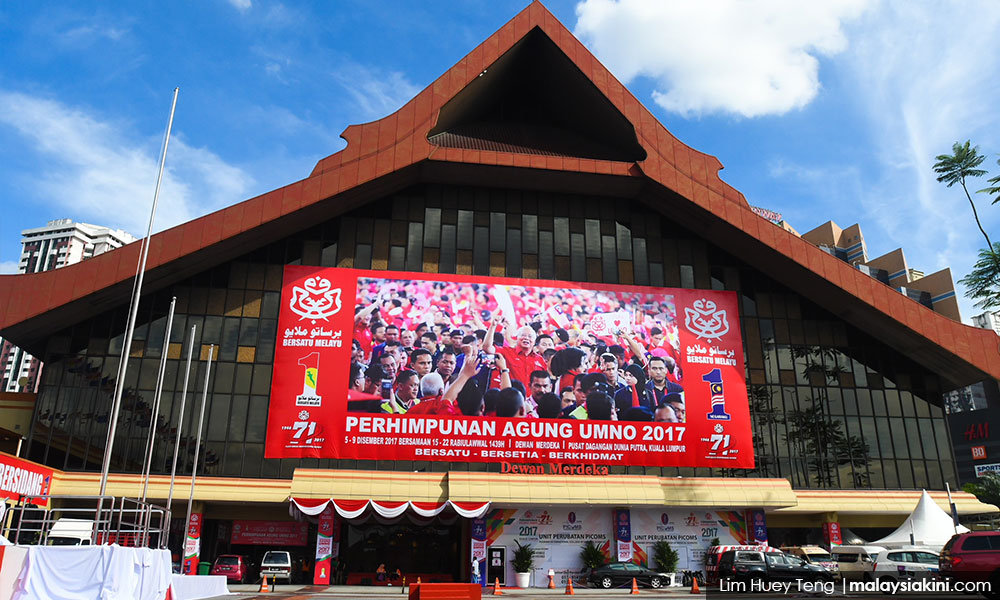“Have you no sense of decency, sir? At long last, have you left no sense of decency?”
- Joseph Nye Welch to Senator Joseph McCarthy. Welch was chief counsel for the US Army while it was under investigation for communist activities by McCarthy's Senate Permanent Subcommittee on Investigations.
COMMENT | This is the state of Malay/Muslim politics now. We have one Malay potentate accusing another of being a kleptocrat and in return, the alleged kleptocrat accuses his accuser of concealing, cheating and abetting in a financial scandal that occurred decades ago. With this in mind, what can we make of Pahang Umno chief’s contention that non-Muslim students “are aware of Islamic teachings that emphasise on building character in every aspect of life.”

Apparently, Pahang Umno condemns any quarters who attempt to politicise this issue of schools in Kuantan compelled to hold after-school prayers before Muslim students can go home. Well, if non-Muslim students are not allowed to leave school until after these prayers, then you bet your last ringgit that someone like me, and hopefully the parents of those non-Muslims students caught in this ruling, would speak up.
We do not politicise religion in this country. Political elites politicise religion in order to maintain hegemony. Religion is politicised when the state claims that it is the sole arbiter of what defines Islam in this country. Religion is politicised when schools are compelled to hold after-school prayers. Religion is politicised when the state sanctions Muslims who offer different interpretations from state-sanctioned dogma. Religion is politicised when non-Muslims are banned from using certain words deemed sacred to Muslims (only) in Malaysia. Religion is politicised when non-Muslims are warned not to interfere in Islamic affairs when it intrudes in their lives.
Forcing non-Muslim students (if this is the case) of staying in school while their Muslim contemporaries recite their prayers does not foster mutual understanding and tolerance. Instead what it demonstrates yet again, non-Muslims have to abide by Islamic dictates in public spaces.

Deputy Minister in the Prime Minister’s Department Asyraf Wajdi Dasuki (photo) reminds us (again) that “good moral values”, not a comprehensive legal system, will curb corruption. Here is the thing. He is only half-correct and where he is wrong he is very wrong.
What will curb corruption are independent systems of enforcement and an electorate which believes that independent branches of government will save Malaysia. What will not curb corruption is a majority of the electorate that believes that their religion and race are under threat and politicians who assure them that that belief is justified to ensure that the cookie jar will not snap shut on their hands.
Asyraf reminds Malaysians that although there are issues of “weaknesses and leakage” - why not just say corruption - that Malaysia is not a failed state. Really? A few months ago, 21 children died in a religious school fire in a safety hazard set ablaze by other young people and this was the response of the government –
“The Umno establishment response to the problem is to throw more money at these religious schools, some of which are undocumented. How much money - our tax ringgit - has been lost because of leakages over the long Umno watch? How much money has been lost because religious confidence men and women have played the system and profited from it?”

With a straight face, we are told that the government wants to produce a generation of Muslims who are balanced in the matters of the world and hereafter. With a straight face, we are told that this generation would be better suited to developing this country in a balanced manner. Who does the deputy minister think he is talking to when he makes these claims?
I could hazard a guess, but what would be the point?
Khalwat at Umno AGMs
When we have a former Puteri Umno member now turned PAS acolyte reminding us that incidents of khalwat are rife in Umno general assemblies, this is something that has been an open secret for years. Say what you want about PAS but either they are better at hiding their illicit activities during their general assemblies or maybe they are just too busy plotting how to turn this country into an Islamic paradise, but incidents of illicit behaviour are not as overt as they are in Umno shindigs.
Indeed, she is absolutely correct. Why are the state religious departments suddenly quiet? The answer is in our voyage to become an Islamic paradise – “Muslims are at the mercy of state religious departments. Muslims are subjected to the whims of the syariah courts. Of course, this is also class dialectic. Muslims elites do not face the kind of Islamic music that their average, less economically advantaged brethren get.”

What politicians (opposition and establishment) should understand is this. Using religion because you are ethically bankrupt or intellectually incapable of formulating policies that would actually save Malaysia is not something that is productive in the long term. If the establishment thinks that is fooling their rural vote banks, they are mistaken. What it is really doing is making them resentful and filled with righteous belligerence that the state has failed them and only retreating to an austere form of Islam will save Malaysia.
Meanwhile, urban Muslims caught in the crossfires of racial hegemons vying for power are left voiceless and stranded by the wayside. Coupled with Islamic agitators carrying grievances from who knows where, the result is a tinderbox of clashing expectations and economic anxieties which is fertile ground for non-state sponsored Islamic extremism.
Maybe Muslim students can learn something about the religions of non-Muslim students. Maybe this could help save Malaysia since mainstream interpretations of the state-sponsored religion have brought us to two men defining the other as traitor to their race and religion.
Surely there is something in Christianity, Hinduism, Buddhism and Sikhism that Muslim students could discover that emphasises character building? Certainly, there must be something is those religions and our communities that makes non-Muslims economically successful and not dependent on state welfare and in a better socio-economic position than the privileged majority of this country.
This last part, of course, is a source of tension for the “Malay” community or so political rhetoric from mainstream Umno politicians would have us believe. Better yet, why not just leave religion out of our public educational institutions because this is supposed to be a place of education, not faith.
S THAYAPARAN is Commander (Rtd) of the Royal Malaysian Navy.

